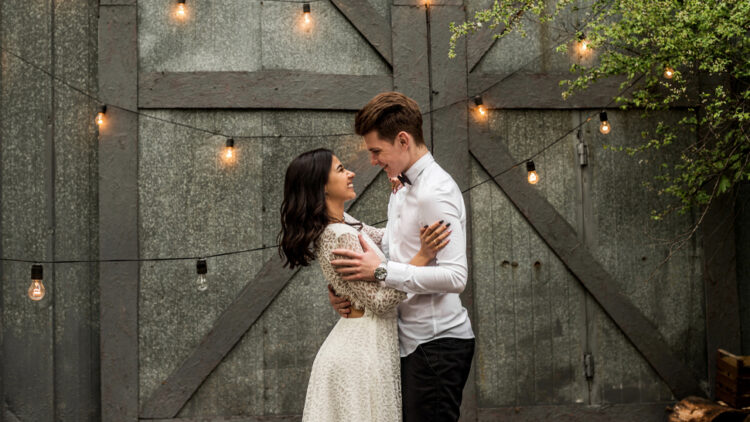By Samantha Jones-
The legal age of marriage has been raised to 18 in England and Wales to better protect vulnerable children from the damaging impact of forced marriages.
In Scotland, the legal age of marriage remains at 16; while in Northern Ireland the legal age remains 18 but couples could get married at 16 or 17 with parental consent.
Campaigners have hailed the change in the law as a “huge victory for survivors”.
As from Monday (February 27), 16 and 17-year-olds can no longer marry or enter a civil partnership, even if they have parental consent.
The change, under the Marriage and Civil Partnership (Minimum Age) Act 2022, which gained Royal Assent in April last year, means it is now illegal and a criminal offence to exploit vulnerable children by arranging for them to marry, under any circumstances whether or not force is used.
Those found guilty of arranging child marriages face sentences of up to seven years in prison.
Justice Secretary Dominic Raab said those who “act to manipulate children into marrying under-age will now rightly face the full force of the law”.
He added: “This law will better protect vulnerable young people, by cracking down on forced marriage in our society.”
Previously, forced marriage was an offence only if the person used a type of coercion, such as threats, to cause someone to marry, said the Government.
Under the change it is now an offence to cause a child under the age of 18 to enter a marriage in any circumstances, without the need to prove that a form of coercion was used.
This includes non-legally binding ‘traditional’ ceremonies which would still be viewed as marriages by the parties and their families, the Government said.
It added that this will crack down on forced marriages, which can cause lasting damage on a child and forms part of its “continued commitment to tackle violence against women and girls”.
Minister for Safeguarding Sarah Dines said: “Forced marriage is an abuse of human rights which denies vulnerable children the freedom to learn, grow and thrive. Like all other forms of abuse, I’m committed to stamping out this exploitative practice.
“In addition to this welcome new legislation, we are also continuing to provide training and guidance to equip the police, social workers and other frontline professionals to support and safeguard victims.”
The change was introduced through a Private Member’s Bill brought to Parliament by MP Pauline Latham OBE and was supported by campaign organisations within the Girls Not Brides Coalition, which work to end child marriage and ‘honour’-based abuse.
Ms Latham said: “This is a landmark day for the campaigners who have worked relentlessly for over five years to ban child marriage in this country.
“Child marriage destroys lives and through this legislation we will protect millions of boys and girls over the coming years from this scourge.”
Natasha Rattu, director of Karma Nirvana (a member of the Girls Not Brides Coalition), said: “The change to legislation on child marriage is a huge victory for survivors. It is a huge leap forward to tackling this usually hidden abuse and will provide a greater degree of protection to those at risk.
“Last year, the national Honour Based Abuse helpline supported 64 cases of child marriage, representing only a small picture of a much bigger problem. We hope that the new law will help to increase identification and reporting, affording greater protection to children at risk.”
In 2021 the Government’s Forced Marriage Unit provided advice or support in 118 cases involving victims below 18 years of age.
The courts have also issued 3,343 Forced Marriage Protection Orders between their introduction in 2008 and September 2022, which prevents someone from using threats, violence or emotional abuse as a way to force a person into marriage.
The Government says child marriage is often associated with domestic abuse towards girls, leaving education early, limited career opportunities, and serious physical and mental health problems.
“The change honours the Government’s commitment to the pledge made to the UN to end child marriage by 2030,” it added.
The Children’s Commissioner Dame Rachel de Souza said the change in legislation was “hugely welcome”, and something she has long been calling for.
“This has largely been informed by my own experiences as a teacher and a headteacher, where I witnessed young girls being taken out of school and married against their will,” she said.
“They should have had the chance to go on to achieve an education, but instead they were left with little choice about their future, and at risk of serious abuse within their marriage.
“All children deserve a right to a childhood, and I am hopeful that this change in the law will go some way to protect vulnerable young women and girls from potential exploitation or abuse.”
The Home Office has also its updated its multi-agency statutory guidance on forced marriage and issued a resource pack to highlight examples of best practice and to help ensure effective support is available to victims.

